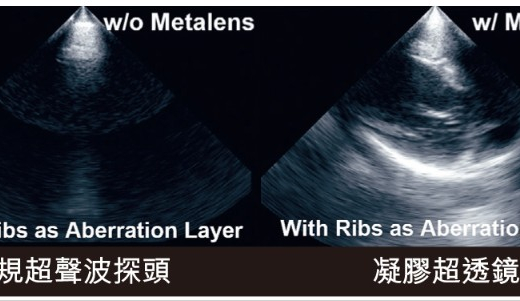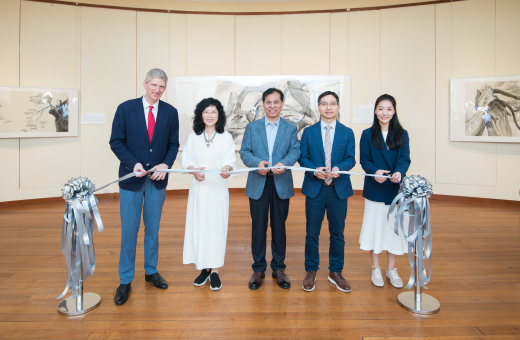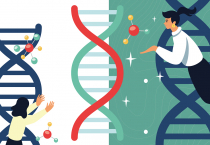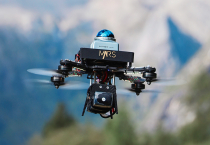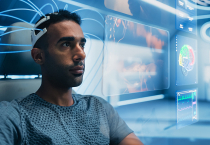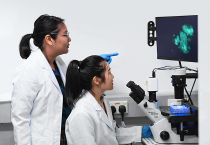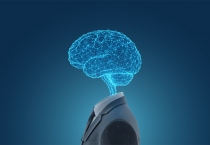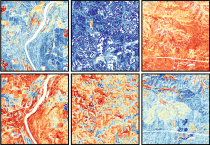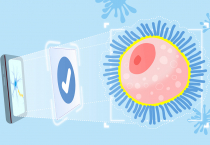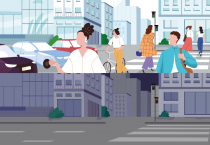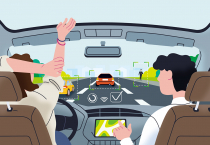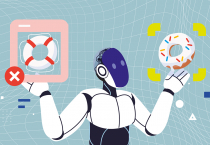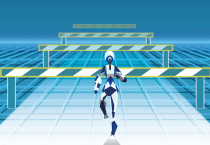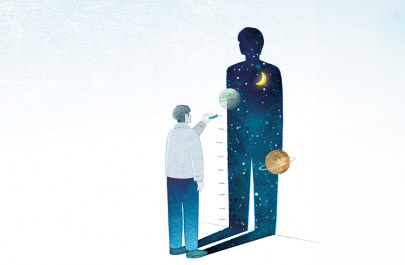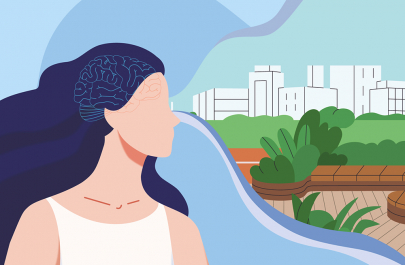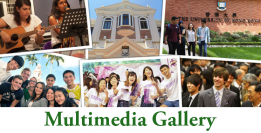Media
Services for Media
Press Releases
- HKU Develops “AI-powered Metalens” to Break Ultrasound Barriers and Enhance Diagnosis Precision05 Mar 2026 - Press Release
- HKU Partners with Three Leading Tech Companies to Explore New Pathways in Embodied Intelligence Innovation04 Mar 2026 - Press Release
- HKUMed big data studies show benefits of using statins to control cholesterol levels03 Mar 2026 - Press Release
- HKU Launches Strategic Positioning in Shanghai, Celebrating 115 Years of Excellence 03 Mar 2026 - Press Release
- HKU Develops “AI-powered Metalens” to Break Ultrasound Barriers and Enhance Diagnosis Precision05 Mar 2026 - Press Release
- HKU Partners with Three Leading Tech Companies to Explore New Pathways in Embodied Intelligence Innovation04 Mar 2026 - Press Release
- HKUMed big data studies show benefits of using statins to control cholesterol levels03 Mar 2026 - Press Release
- HKU Launches Strategic Positioning in Shanghai, Celebrating 115 Years of Excellence 03 Mar 2026 - Press Release
- HKU Hong Kong General Social Survey Press Conference26 Jan 2026 - Press Invitation
- The Future of Hong Kong Economy Conference 2026 from HKU Business School16 Jan 2026 - Press Invitation
- HKU Business School Hong Kong Economic Policy Green Paper 2026 Press Conference09 Jan 2026 - Press Invitation
- HKU to release 2026 First Quarter Hong Kong Macroeconomic Forecast07 Jan 2026 - Press Invitation
- Clarification from HKUMedClarification
- 港大就化學系博士生受傷一事回應Clarification
Find an Expert
Features
Other Services
Contact Us
- Jaymee Ng
Senior Manager (Media Relations)
Tel:(852) 3910 3612
Email: ngjaymee@hku.hk - Kenneth Choi
Manager (Media Relations)
Tel:(852) 3917 2607
Email: khkchoi@hku.hk - Philip Kwong
Manager (Media Relations)
Tel:(852) 3910 2250
Email: philipkw@hku.hk
For media enquiries after office hours, please send whatsapp to (852) 6347 2221

